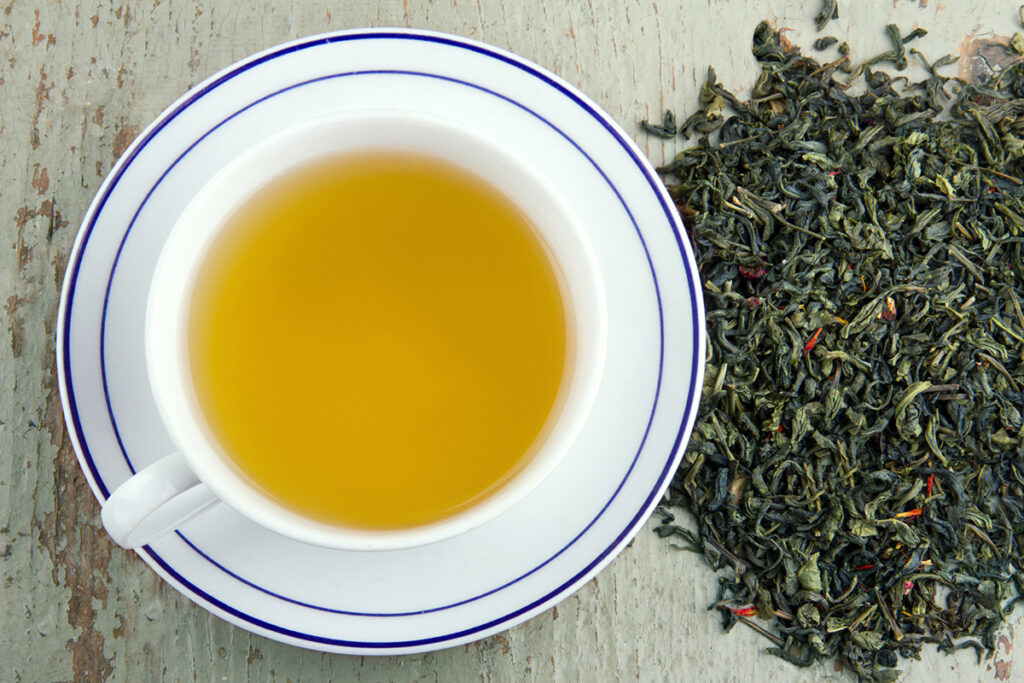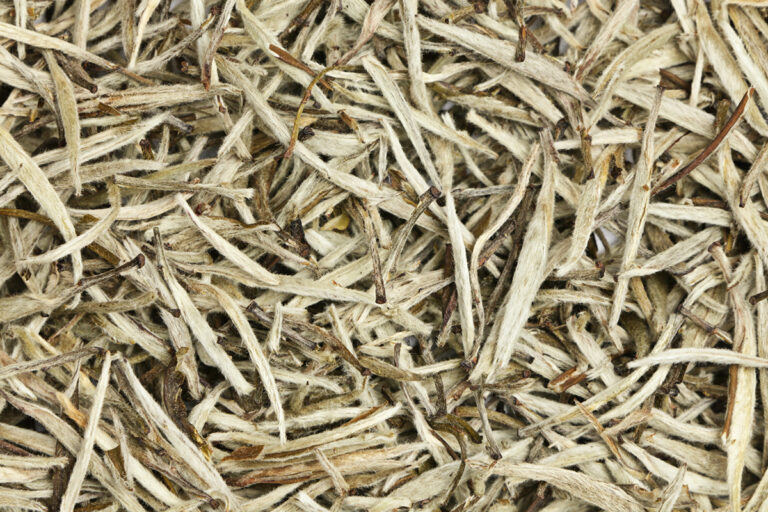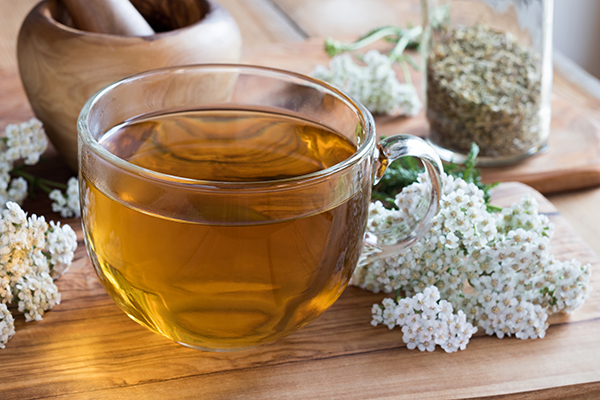The 6 Best Teas for Nerve Pain
Nerve pain, also known as neuropathic pain, is a complex and often chronic condition that can cause discomfort, tingling, or numbness.
While there are many conventional treatments available, some people may seek out natural remedies to help manage their nerve pain. One such remedy is tea.

Can Tea Alleviate Nerve Pain?
The soothing and comforting nature of tea has made it a popular choice for those looking to alleviate various types of pain. Certain teas contain compounds that may have anti-inflammatory, antioxidant, and analgesic properties, which can contribute to nerve pain relief.
However, it’s essential to note that tea should not be considered a standalone treatment for nerve pain. Instead, it may be used as a complementary therapy alongside conventional treatments prescribed by your healthcare provider.
Best Teas for Nerve Pain Relief
Chamomile Tea
Chamomile is a popular herbal tea known for its calming effects, which can help reduce stress and anxiety. The presence of apigenin, a natural antioxidant, gives chamomile its anti-inflammatory and pain-relieving properties. Drinking chamomile tea may help soothe nerve pain by reducing inflammation and promoting relaxation.
Find the best chamomile tea tailored to your preferences, derived from our extensive taste tests and quality assessments.

Green Tea
Green tea is packed with antioxidants, particularly epigallocatechin gallate (EGCG), which can help fight inflammation and oxidative stress. Studies have suggested that EGCG may help reduce neuropathic pain by inhibiting pro-inflammatory molecules and supporting nerve health. Drinking green tea regularly may help alleviate nerve pain while providing additional health benefits, such as improved brain function and heart health.
Interested in trying green tea? Here are the best options available.

Turmeric Tea
Turmeric contains curcumin, a potent anti-inflammatory and antioxidant compound that has been used for centuries to treat various ailments, including pain. Research has shown that curcumin may be effective in reducing neuropathic pain by inhibiting inflammation and oxidative stress. Turmeric tea can be made by steeping ground turmeric in hot water or by using store-bought turmeric tea bags.
Interested in trying turmeric tea? Here are the best options available.

Ginger Tea
Ginger is a powerful anti-inflammatory and antioxidant herb that has been used for its medicinal properties for centuries. Gingerol, the main bioactive compound in ginger, has been shown to have analgesic and anti-inflammatory effects that may help alleviate nerve pain. To make ginger tea, simply steep fresh ginger slices in hot water or use ginger tea bags.
Interested in trying ginger tea? Here are the best options available.

Peppermint Tea
Peppermint tea is a popular herbal tea known for its refreshing taste and soothing properties. Menthol, the primary active ingredient in peppermint, has analgesic and anti-inflammatory effects that may help relieve nerve pain. Drinking peppermint tea may also aid in digestion and help reduce stress, which can contribute to the overall management of nerve pain.
Interested in trying peppermint tea? Here are the best options available.

Passionflower Tea
Passionflower is a calming herb that may help relieve nerve pain by reducing anxiety and promoting relaxation. Some studies suggest that passionflower may have a positive effect on neuropathic pain by modulating the activity of GABA, a neurotransmitter that helps regulate pain signals in the brain. Drinking passionflower tea regularly may help manage nerve pain and improve sleep quality.

Conclusion
Tea has been used for centuries to promote overall well-being and provide relief from various ailments, including nerve pain. While no single tea can completely eliminate nerve pain, incorporating these teas into your daily routine may help manage symptoms and promote relaxation. It is crucial to consult with your healthcare provider before using tea as a complementary therapy for nerve pain, as individual needs and responses to treatment may vary.






